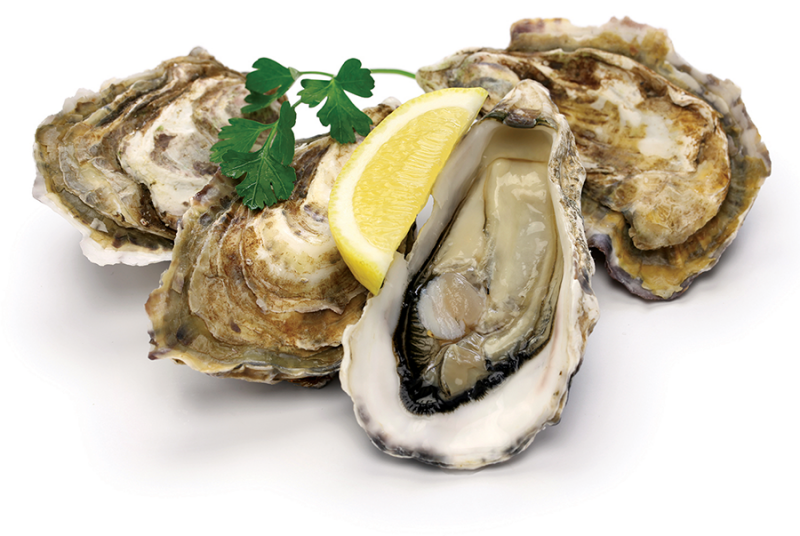Try these mood-boosting foods, which have been linked to improving your mental health
Did you know that approximately 20 percent of everything you eat goes straight to your brain?
According to scores of scientific research, critical neurotransmitters and receptors are made when you eat specific nutrients and amino acids. For example, minerals including zinc and magnesium provide the foundation for cell activity and brain tissue as well as the synthesis of neurotransmitters that directly affect mood.
“When the brain is deprived of essential nutrients, we suffer,” says Dr. Drew Ramsey, a psychiatrist and assistant clinical professor at Columbia University, and author of the book, Eat to Beat Depression and Anxiety.
Ramsey explains that’s the reason why when we eat junk food, “we feel like garbage,” not just physically, but mentally, too.
Here are three food groups to boost your mental health:
Stock Up on Seafood
Cold-water fish, like salmon and tuna, are full of omega-3s, a fatty acid known to be beneficial for overall brain health. These types of fish also contain Vitamin B12, which has been shown to stave off depression and memory loss. Oysters and mussels, too, are high in omega-3s, and are ranked highest on the Antidepressant Food Score study by the World Journal of Psychiatry.
Hoard Whole Grains
Feeling anxious? Reach for whole grains (think oatmeal, brown rice, barley and quinoa).
In one recent study, women who added whole grains to their daily diet were less likely to experience anxiety. On the flip side, women who ate fewer whole grains in favor of
refined grains (think white bread and baked goods) were more likely to experience
depression and anxiety.
Bring on the Berries
Long considered superfoods, all types of berries – but blueberries, in particular – are natural brain boosters. Their high concentration of antioxidants provides a number of benefits, including improved mental health, a reduction in age-related memory loss and increased concentration and focus. Sounds like a great reason to cook up some blueberry muffins (made with whole grains, of course) or make a wild blueberry smoothie loaded with antioxidants.
Macaroni and cheese. Ice cream sundaes. These are the go-to foods that many of us consume when we’re looking for solace. But they do little to make us feel better, according to a series of studies conducted in the eating laboratory at the University of Minnesota. In the study, participants watched film clips that were meant to induce fear, anxiety and sadness. Then, they filled out questionnaires to indicate how they were feeling and were subsequently given generous portions of their favorite comfort foods.

Later, the exercise was repeated, but participants were given a neutral food, like a granola bar, or no food at all. The verdict? Eating comfort food made no difference to the person’s mood at all. The only thing that seemed to provide comfort was the passage of time.


